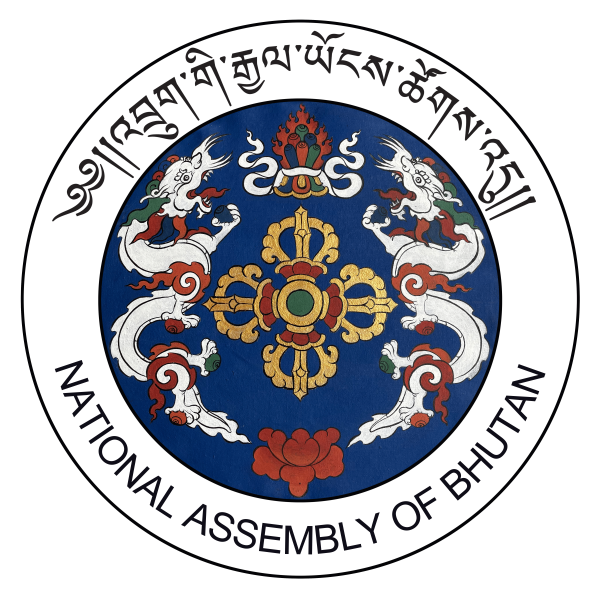
The Cabinet secretariat presents ESP (Economic Stimulus Plan) to the Economic and Finance Committee and to the NA Members
On August 22, 2024, the Economic and Finance Committee invited the Cabinet Secretary, Cabinet Director, Deputy Governor of RMA, ESP Secretariat, and other officials to present on the ESP progress report at the Lhen-Zom Khanzang of the National Assembly.
The presentation aimed to update Members of Parliament on the ESP progress update/status, which outlines an initiative designed to revitalize Bhutan's economy following the COVID-19 pandemic. With a total fund of Nu 15 billion, the ESP focuses on enhancing domestic production, reducing youth unemployment, improving foreign currency reserves, increasing new businesses, and reviving the tourism sector. The first tranche of Nu 2.5 billion was released in May 2024. Key areas for funding include cottage and small industries, tourism development, agriculture, and youth employment. The governance structure consists of a Steering Committee and a Technical Committee responsible for overseeing implementation and providing technical support. Initiatives currently underway include marketing campaigns for tourism, and support for agriculture, livestock production, and the De-Suung Skilling Programme.
Several initiatives are currently underway, including the Price Guarantee Scheme, which supports six priority crops like: rice, maize, wheat, quinoa, soybean, and peanuts and three livestock products like: pork, chicken, and fish.
A notable aspect of the ESP is the Concessional Credit Line, introduced on August 7, 2024.This initiative offers collateral-free loans at a 4% interest rate to support new and expanding enterprises in agriculture, livestock, small industries, and manufacturing. It also features the Reinvigoration Fund, which provides interest subsidies to aid businesses recovering from the pandemic.
After the presentation, Members of Parliament sought clarifications and provided feedback on various issues, including the fund’s operational details, the prioritization of local ecotourism projects, and the inclusion of additional essential crops such as potatoes and chilies in the price guarantee schemes. They also discussed loan accessibility, concerns about Non-Performing Loans (NPLs), and challenges like labor shortages and market competition. The Members underscored the importance of staying focused on the ESP’s core objective: to reduce unemployment and enhance living standards across the country.
comment
vote / poll
How should the government react to Bhutanese leaving to Australa ?





